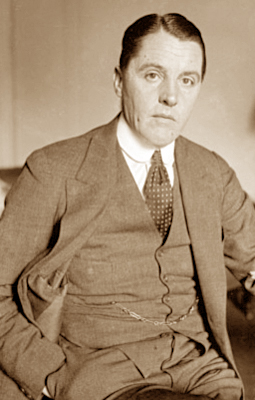T he Secretary of State for India or India Secretary is the office that was created in 1858. This office was created when the Company rule in India ended and India was brought under direct British administration. The Secretary of State was the political head of the India Office. It was the department responsible for the government of India. This office came to an end in 1947 after the Partition of India and the creation of two new independent dominions. Lord Birkenhead served as the Secretary of State from 6 November, 1924 to 18 October, 1928.
he Secretary of State for India or India Secretary is the office that was created in 1858. This office was created when the Company rule in India ended and India was brought under direct British administration. The Secretary of State was the political head of the India Office. It was the department responsible for the government of India. This office came to an end in 1947 after the Partition of India and the creation of two new independent dominions. Lord Birkenhead served as the Secretary of State from 6 November, 1924 to 18 October, 1928.
Lord Birkenhead was born on 12 July 1872. He received his early education from Birkenhead School. During the period when he served as the Indian Secretary of State Muddiman Committee was signed. Moreover, the political situation in Bengal was quite tense because of the terrorist movement during that phase. Birkenhead expressed an outburst when the Congress refused to co-operate in the working of the reforms.
He delivered a lecture in this regard and challenged the Indian leaders to put forward a Constitution which would carry fair measure of general agreement among the people of India. Lord Birkenhead also invited the leaders to discuss the failure of the British government. This challenge was accepted by Pandit Motilal Nehru on behalf of the Swarajya Party in the Central Legislative Assembly in September 1925. He put forth an amendment that came to be known as the `National Demand`. It carried the support of all parties, including the Liberals and the Muslims.
This article is a stub. You can enrich by adding more information to it. Send your Write Up to content@indianetzone.com



















